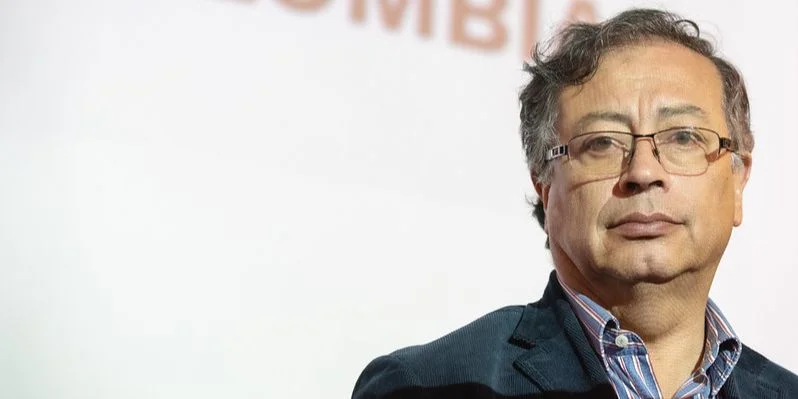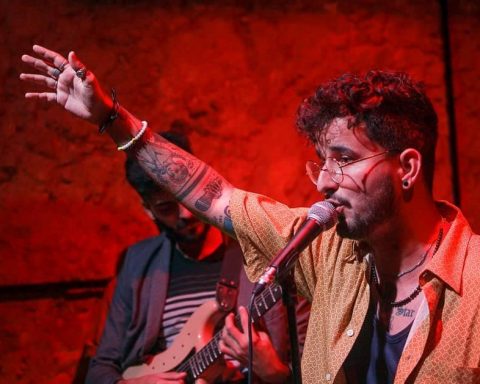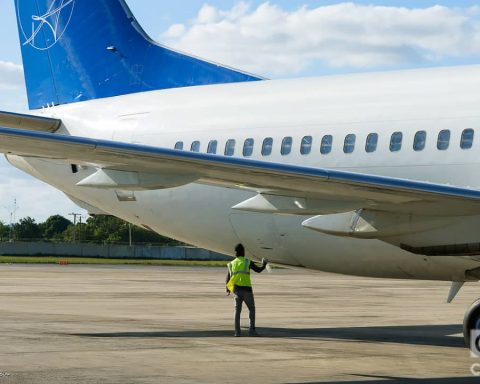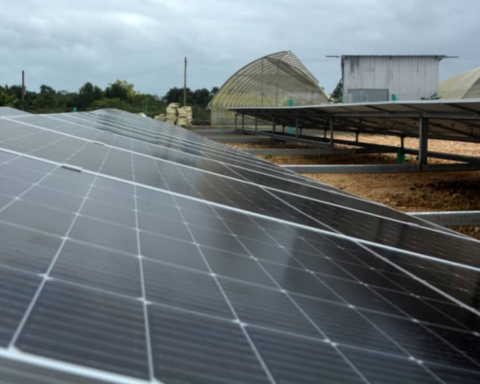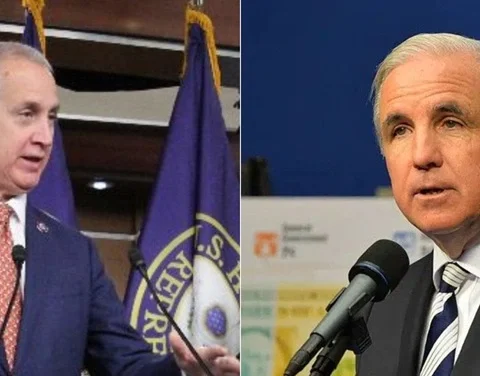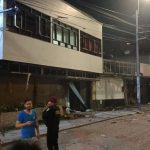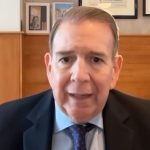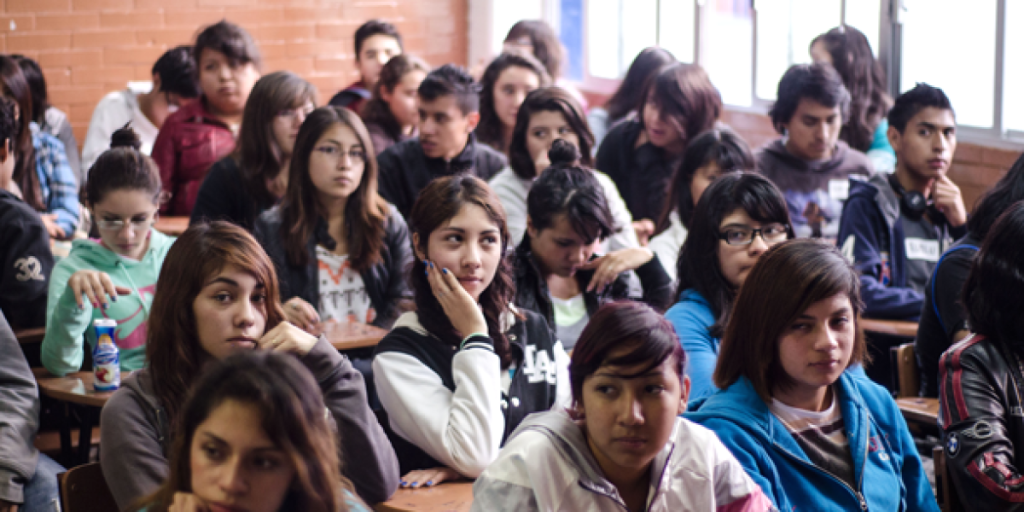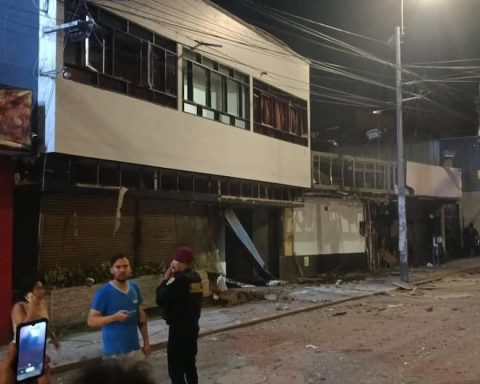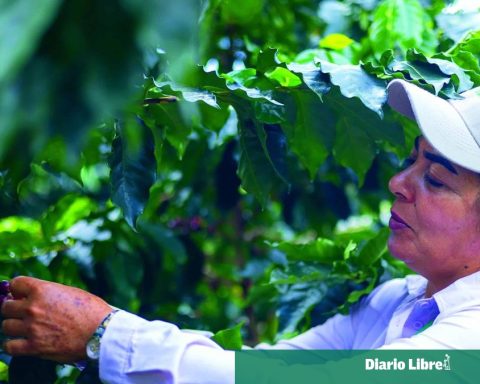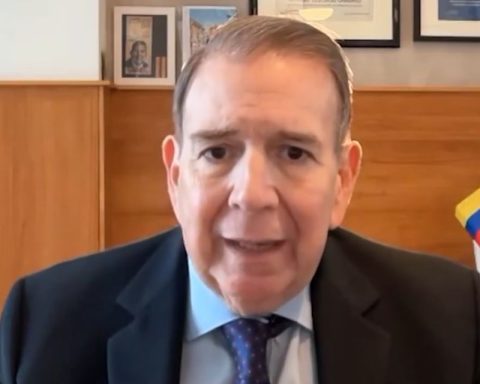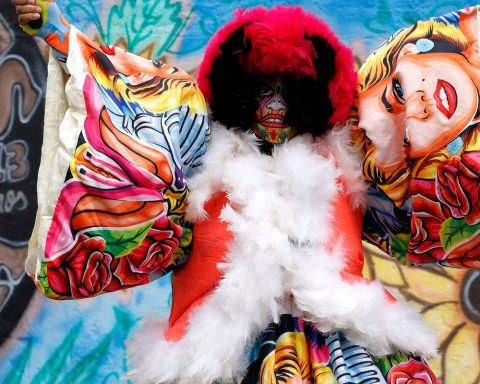MIAMI, United States. – The Colombian president, Gustavo Petro, once again recognized this Sunday that the presidential elections of July 28 in Venezuela did not meet democratic standards, although he ratified his decision to maintain diplomatic ties with the Chavista regime.
“We will maintain diplomatic relations not because we legitimize elections that were not free from the beginning, when the agreement to lift economic sanctions so that the people could vote freely was violated,” Petro stated on his social network account.
In addition, the president pointed out that the actions of the Nicolás Maduro regime directly affected the opposition. Maria Corina Machado: “The response of the Venezuelan Government followed by taking away María Corina’s right to elect and be elected.”
Despite the lack of legitimacy that he attributes to the July 28 elections, Petro stressed the importance of “a democratic dialogue in Colombia and Venezuela,” and assured that “diplomatic relations are for people to unite and not suffer for the disagreements of their governments.” However, Petro did not recognize Maduro as legitimate president nor did he attend his criticized swearing-in on January 10, an act that the Venezuelan opposition describes as “electoral fraud” and “coup d’état.”
After intensifying the fact that Colombians kill each other, that the state kills young Colombians and tortures and imprisons them, they come to ask that young Colombians and Venezuelans kill each other, that Venezuelan and Colombian mothers cry for their children …
— Gustavo Petro (@petrogustavo) January 12, 2025
After the controversial announcement by the National Electoral Council (CNE) of Venezuela, which awarded victory to the Chavista leader, the Colombian ruler joined the demand that the authorities present the minutes that endorse the result. At the same time, he indicated that his administration would continue to seek contacts with Caracas to promote a democratic solution to the political crisis, reflected in the persecution of opposition leaders such as Edmundo González Urrutia, who was forced to go into exile in Spain.
However, the mediation that Petro and his Brazilian counterpart Luiz Inácio Lula da Silva offered was stalled by Maduro’s refusal to make the voting data transparent and make public the electoral records that, according to institutions controlled by Chavismo, give him victory. .
Already on January 8, Petro had recognized that “the last elections in Venezuela were not free.” “There are no free elections under blockades,” He also wrote on his X account.
That day Petro condemned the arrest of Enrique Márquez and Carlos Correa, whom he defined as a “prominent defender of human rights in Venezuela.”
“This, and other facts, prevents my personal attendance at the inauguration of Nicolás Maduro,” he said. The statement came after pressure from his vice president and his foreign minister to recognize electoral fraud in Venezuela.
In that same publication he recalled that Colombia’s request to make the electoral records public had not been met.
“The Colombian Government understands that our two peoples are linked by blood, culture and history, and that closing borders, avoiding diplomatic relations and separating our peoples by force is enormously brutal,” he wrote to defend his decision to maintain relations. diplomatic relations with the Maduro regime.
“Any disagreement between governments should not be between our people,” he also stressed.
Finally, he concluded that he could not recognize elections that “were not free” and requested “the freedom of all people detained for political reasons.”
